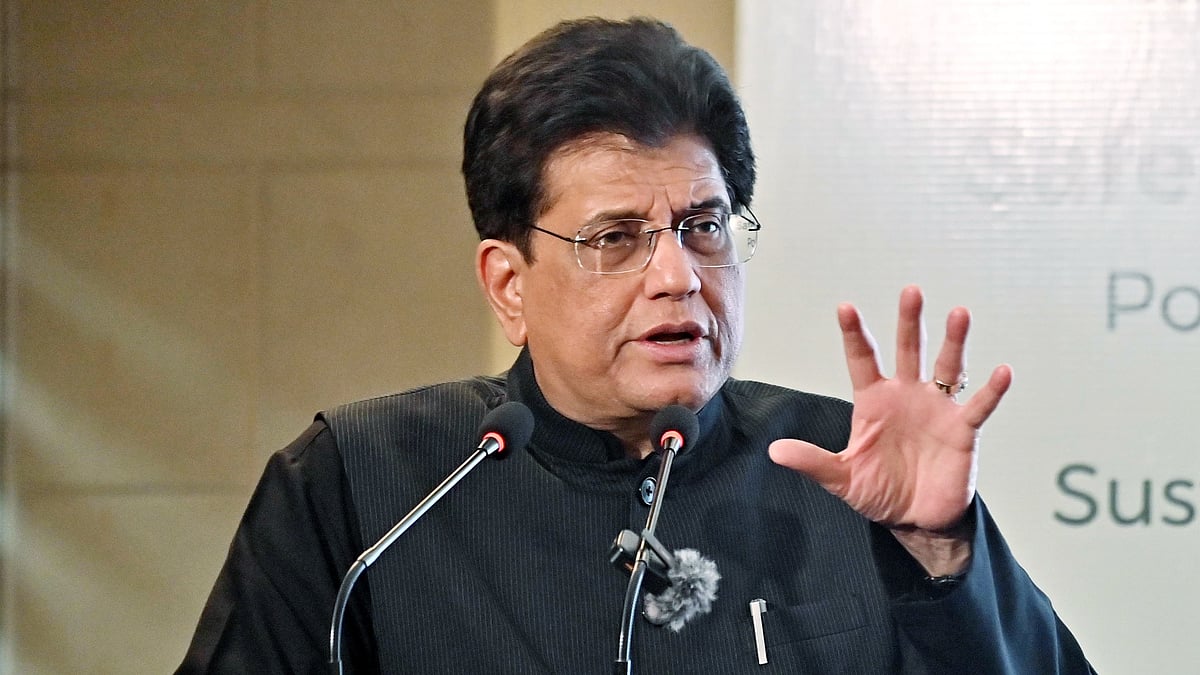The cost of renewables versus fossil fuels is a subject that has sparked countless discussions. Many argue that renewables, when considering Environmental, Social, and Governance (ESG) costs, have consistently proven to be more economical. However, the picture becomes less straightforward when we examine the levelised-dollar cost, primarily due to the current limitations of energy storage technologies and the intermittent nature of renewable sources.
The criticism surrounding the intermittent nature of renewables is indeed valid, but it's essential to recognise that this challenge can be effectively addressed. Integrating diverse renewable sources, such as solar, wind, hydro, and geothermal, in a balanced energy mix can mitigate the intermittency issue. Advanced energy storage technologies, like grid-scale batteries, are continuously improving, enabling the efficient storage and release of surplus energy. Additionally, smart grid management and demand response strategies allow for dynamic load balancing, ensuring a stable energy supply.
But herein lies the conundrum — geopolitics and vested interests often play a significant role in artificially maintaining higher costs for renewables. Traditional fossil fuel sectors, and political powers whose economies benefit from it, have a vested interest in preserving the status quo. Over two million deaths and $4.3 trillion in economic losses; that’s the impact of a half-century of extreme weather events turbo-charged by man-made global warming, the World Meteorological Organization said earlier this May. The estimates for the death toll from air pollution by the World Health Organization (WHO) is at 7 million deaths a year.
There are doubts about the reliability of renewable sources in meeting the base-load energy demands of large populations. Additionally, a focus on recycling and responsible sourcing of materials for renewable infrastructure can help minimise their environmental footprint.
The notion of ESG-based living is not just an idealistic vision but a pragmatic necessity. Climate change and environmental degradation have forced us to reconsider our energy choices and the way we conduct business. Fossil fuel-based industries, while historically prevalent, cannot be a viable option for our future. Their extraction and utilisation have resulted in severe environmental damage, including greenhouse gas emissions that drive climate change.
Satisfying the energy needs of an ever-growing global population, currently exceeding 8 billion people, with fossil fuels is an impractical and unsustainable proposition. The finite nature of fossil fuel reserves, coupled with their negative environmental impact, cannot support the long-term energy demands of our planet.
The renewable energy sector, despite its current challenges, is poised to be the transformative force in the world's energy landscape. Renewables, including solar and wind power, have experienced exponential growth in recent years. Furthermore, the decentralisation of energy production through renewables enhances grid resilience and energy security.
For example, a glance at the report ‘Renewable Power Generation Costs in 2022’ by International Renewable Energy Agency (IRENA), on the cost curve between renewables and fossil fuels, shows these: “Renewable power generation deployed since 2000 globally, reduced electricity sector fuel costs by an estimated USD 521 billion in 2022.” It also compares costs efficiencies: “In 2010, the global weighted average LCOE of onshore wind was USD 0.107/kWh, 85% higher than the lowest fossil fuel cost range of USD 0.058/kWh. By 2022, the global weighted average LCOE of new projects was USD 0.033/kWh, 52% lower than the cheapest fossil fuel-fired option in 2022.”
Renewable energy is not just an idealistic hope; it's a commercially sound reality. The growth of bio fuels currently, hydrogen as fuel in the next 7-10 years, and fusion energy in the next decade will further reduce dependence on fossil fuels. It will also reduce energy costs further. Businesses worldwide are recognising the economic benefits of renewables, from reduced operational costs to meeting sustainability goals and attracting environmentally conscious consumers.
Businesses that ignore the transition towards renewables risk obsolescence. Consumers are increasingly making environmentally conscious choices, and regulatory pressures are mounting. The true cost of clinging to fossil fuels is not just financial; it's ecological, social, and moral.
Addressing social costs through renewable energy entails creating equitable opportunities for communities often marginalised by traditional energy sources. By transitioning to renewables, we can reduce the negative health impacts associated with pollution from fossil fuels, particularly in disadvantaged areas. Additionally, the renewable energy sector offers jobs and economic growth, fostering social well-being. It's about redefining energy access as a fundamental right, ensuring that everyone, regardless of their socioeconomic status, can benefit from affordable and clean energy.
On the moral front, the shift to renewables aligns with our responsibility to preserve the planet for future generations. It's an ethical imperative to curb our contribution to climate change and environmental degradation, which disproportionately affect vulnerable populations and the world's most impoverished. Embracing renewables is a moral commitment to leaving a habitable planet for our descendants, a testament to our shared global conscience.
The environmental costs of clinging to fossil fuels are indisputable. The pollution, habitat destruction, and carbon emissions associated with these sources have far-reaching ecological consequences. Renewables, on the other hand, offer a path to minimise these costs, protecting biodiversity and mitigating climate change.
As energy needs continue to rise, it's imperative to make the transition to renewables an inclusive one. We have the unique opportunity to ensure that affordable energy sources are accessible to all strata of society. Governments play a crucial role in investing in resilient energy grids that guarantee every citizen’s access to clean energy. This commitment to inclusivity mirrors the principles of social justice inherent in the concept of “Sanatan Dharma», which underscores the natural order and equitable treatment of all individuals.
Embracing renewables is not just about technological innovation; it’s a moral and social imperative that aligns with our collective responsibility to protect the environment and ensure equal access to the energy resources that sustain modern life.
Shailesh Haribhakti is an independent director on corporate boards. Twitter: @ShaileshHaribh2. Srinath Sridharan is a policy researcher and corporate adviser. Twitter: @ssmumbai






